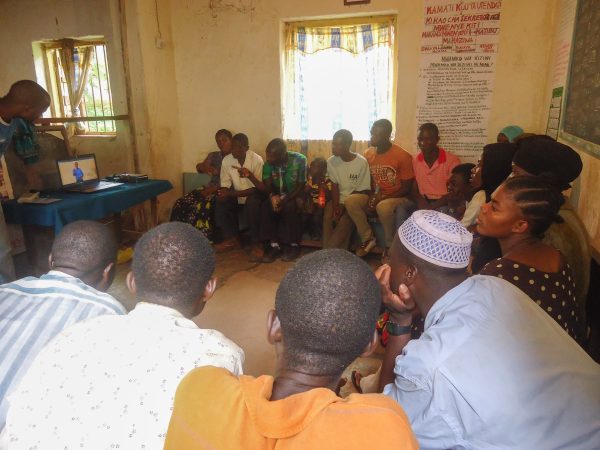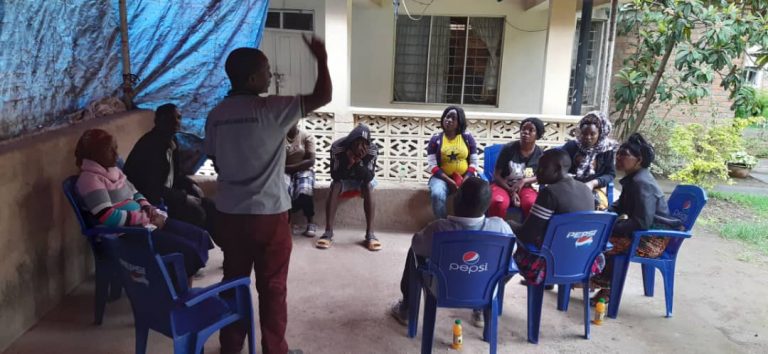In Matthew 27:11-26, Jesus was brought before Pontius Pilate to receive the governor’s judgment. Pilate, not wanting the burden of Jesus’ blood on his hands, gave the crowd a choice.
They voted for coffee.
Wait, what? Coffee? In the Gospel of Matthew?
This did not happen in Matthew 27. Rather, the crowd screamed at the governor to crucify the innocent man standing before them. This is exactly why community checks are so important in sign language Bible translation.
During a community checking session in Tanzania, the group was watching the translated passage of Matthew 27:11-26 in Tanzanian Sign Language (TSL). After the video wrapped up, one of the facilitators of the session asked the group what the people wanted Pilate to do with Jesus.
Matthew 27:21-22 in Tanzanian Sign Language
The group replied unanimously: “We’re not sure, but it looks like they need coffee.”
It turned out that the sign for “coffee” and the sign for “crucify” in TSL are pretty close! These Deaf people hadn’t been to church and knew nothing about the Bible. So they watched the passage and thought that the people were screaming for coffee instead of Jesus’ crucifixion.
What is a community check?
Community checks happen when a group of Deaf people from a community come together to watch the translated Bible passage being signed in their language. They come from assorted backgrounds—some may have some knowledge of the Bible and others with no knowledge—and watch the videos to see if the translation is clear.
After they watch the videos, the facilitators ask them a series of questions to see if the passage passes the clear, accurate, natural, and acceptable (CANA) standards. These standards were set in place by the Forum of Bible Agencies International (FOBAI) to ensure that sign language Bible translations are quality.
This feedback from this group helped the TSL team revise their translation work to clearly communicate “crucify”, not “coffee”!
For more stories like this, check out:



